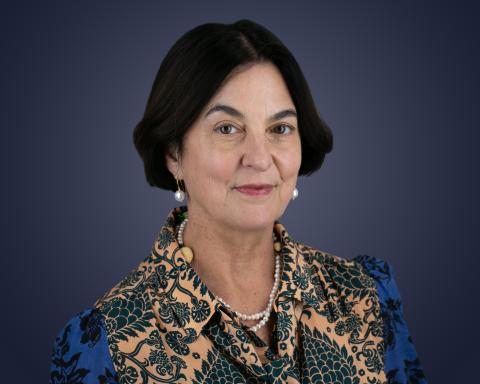Joseph Teasdale was quoted in City A.M on "New Google Pixel 8 phones suggest step forward, say analysts"
5 October 2023“[Pixel] was part of Google’s influence over the mobile market, but Google was never competing with the Apples or Samsungs of the world,” explained Joseph Teasdale, head of tech at Enders Analysis, “it never contributed much to Google’s top line.”
While this is unlikely to change, Teasdale asks the question: “Do the improved, AI-focused chips give Pixel phones new superpowers that are actually compelling for customers?”
